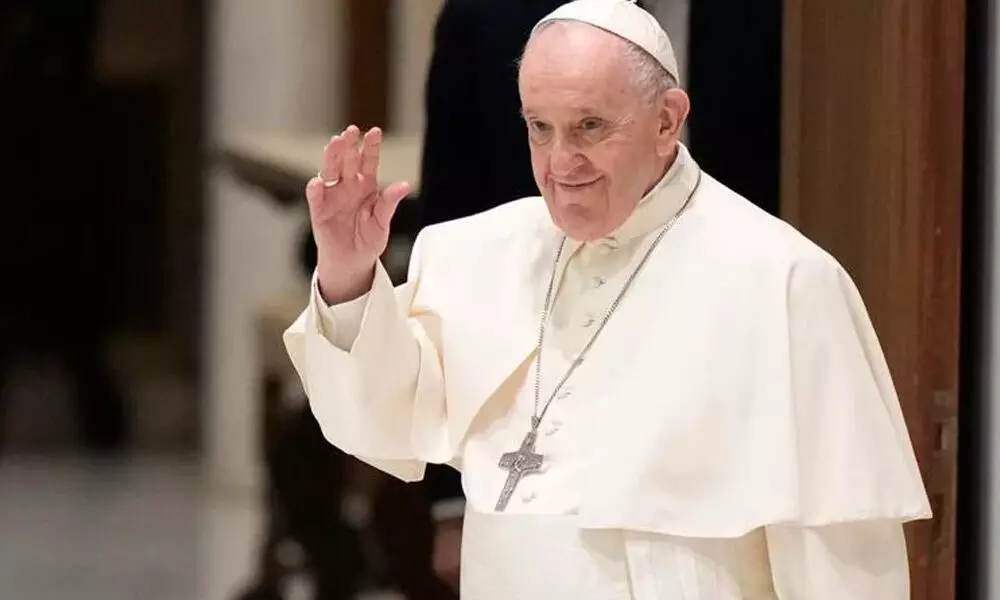Pope unveils Vatican reform, gives weight to fighting abuse

Pope unveils Vatican reform, gives weight to fighting abuse
Pope Francis released his long-awaited reform programme of the Holy See bureaucracy on Saturday that envisages greater decision-making roles for the laity and gives new institutional weight to efforts to fight clerical sex abuse.
Rome: Pope Francis released his long-awaited reform programme of the Holy See bureaucracy on Saturday that envisages greater decision-making roles for the laity and gives new institutional weight to efforts to fight clerical sex abuse.
The 54-page text, titled "Praedicate Evanglium" or "Proclaiming the Gospel", replaces the founding constitution "Pastor Bonus" that was penned by St. John Paul II in 1988. Francis was elected Pope in 2013 in large part on his promise to reform the bulky and inefficient Vatican bureaucracy, which acts as the organ of central governance for the 1.3-billion strong Catholic Church. He named a Cabinet of cardinal advisers who have met periodically since his election to help him draft the changes.
Much of the reform work has been rolled out piecemeal over the years, with offices consolidated and financial reforms issued. But the publication of the new document, for now only in Italian, finalises the process and puts it into effect in June. The document was released on Saturday, the ninth anniversary of Francis' installation as pope and the feast of St. Joseph, an important figure to Francis' ministry.
The new reform emphasises the missionary focus of the church as well as the need for the Vatican to be at service both to the pope and local dioceses. It envisages greater roles for laity, making explicitly clear that lay people — not just priests, bishops or cardinals — can head a major Vatican office, and that all staff should reflect the geographic universality of the church.
In one of the major changes, it brings the pope's advisory commission on preventing sexual abuse into the Vatican's powerful doctrine office which oversees the canonical investigations of abuse cases. Previously, the Pontifical Commission for the Protection of Minors existed as an ad hoc commission that reported to the pope but had no real institutional weight or power.
In essence, it calls for the Vatican bureaucracy to function more like a Cabinet that meets regularly with the head of state. It makes clear that each "dicastery", as the departments are known, are considered equal to one another. Previously the Vatican secretariat of state had an outsized role of influence and importance, followed closely by the Congregation for the Doctrine of the Faith. Now, all dicasteries are equal.














